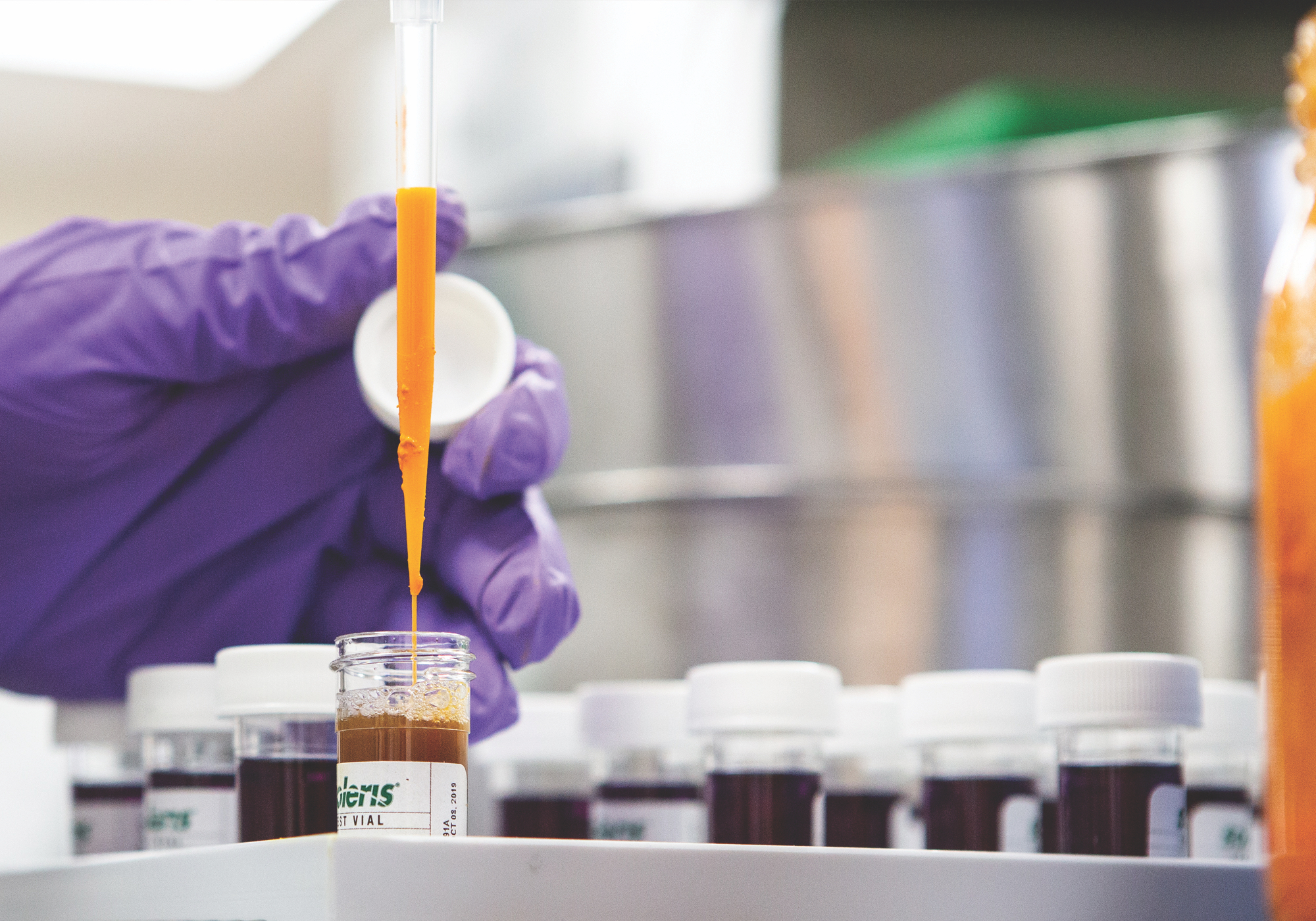Scientific name:Dioscorea villosa
Constituents:
- Steroidal saponins (diosgenin & dioscin)
- Proteins (dioscorin) & Starch
- Alkaloids (dioscorine & dihydrodioscorine)
- Tannins
- Phytosterols
Medicinal actions:
- Anti-inflammatory
- Anti-rheumatic
- Antispasmodic
- Diuretic
- Expectorant
- Hepatic
- Reproductive Tonic
Mechanism of Action & Pharmacology:
- Steroidal Saponins (diosgenin and its glycoside dioscin) appear to be constituents primarily responsible for therapeutic effects. Dioscin, the glycoside form of diosgenin and has been shown to possess antioxidant and anti-cancer properties.
- Diosgenin is absorbed, distributed into liver, adrenals and walls of gastrointestinal tract, metabolized in the liver, and eliminated via the bile. It has structural similarities with cholesterol and other endogenous steroids, and has been used as a precursor for synthetic steroids in the pharmaceutical industry including estrogens and DHEA. Note that the steroidal saponin disocin yields diosgenin which is used for the commercial manufacturing of progesterone, hydrocortisone, and other hormones. This process requires microbiological fermentation, organic solvent extraction, and acid hydrolysis. It is not clear that the body can convert disogenin to progesterone or other hormones.
- Several preclinical studies have implicated the potential use of diosgenin in several ailments like cancer, diabetes, hypercholesterolemia, gastrointestinal disorders, and inflammatory conditions.
- A clinical study demonstrated that Dioscorea extract was effective in relieving human menopausal syndromes by increasing serum estrogen levels without reported side effects.
- Isolated storage proteins (dioscorin) from Dioscorea spp. have been found to increase estrogen biosynthesis and upregulate the translational levels of aromatase in animal studies. A study in rats was found to stimulate estradiol biosynthesis in ovarian cells, induce estradiol and progesterone secretion by upregulating expressions of follicle-stimulating hormone receptor and ovarian aromatase, counteract the progression of osteoporosis and augment bone mineral density, and improve cognitive functioning by upregulating protein expressions of brain-derived neurotrophic factor in the prefrontal cortex. Dioscorin may also have potential for the control of hypertension.
- Diosgenin and dioscin have been reported to show ant-ifungal, anti-inflammatory and antispasmodic, and mild expectorant properties.
Pharmacy:
- Decoction
- Tincture
- Capsules
Safety & Toxicity Concerns:
- High doses may cause nausea, vomiting, and diarrhea.
- Possible allergic reactions (rhinitis & dermatitis)
- Contraindicated in pregnancy & Lactation
- Use caution in hormone-sensitive conditions (eg. Breast cancer), diabetes, tendency to clot, and overt LIV/KID disease.
Interactions:
- Anticoagulants due to antiplatelet activity (theoretical).
- Anti-diabetic agents (may decrease blood sugar).
- May increase risk of toxicity from hepatotoxic and nephrotoxic drugs, inhibit anti-inflammatory effects of indomethacin/NSAIDs, and increase risk of adverse effects from estrogen/anti-estrogen medications.







